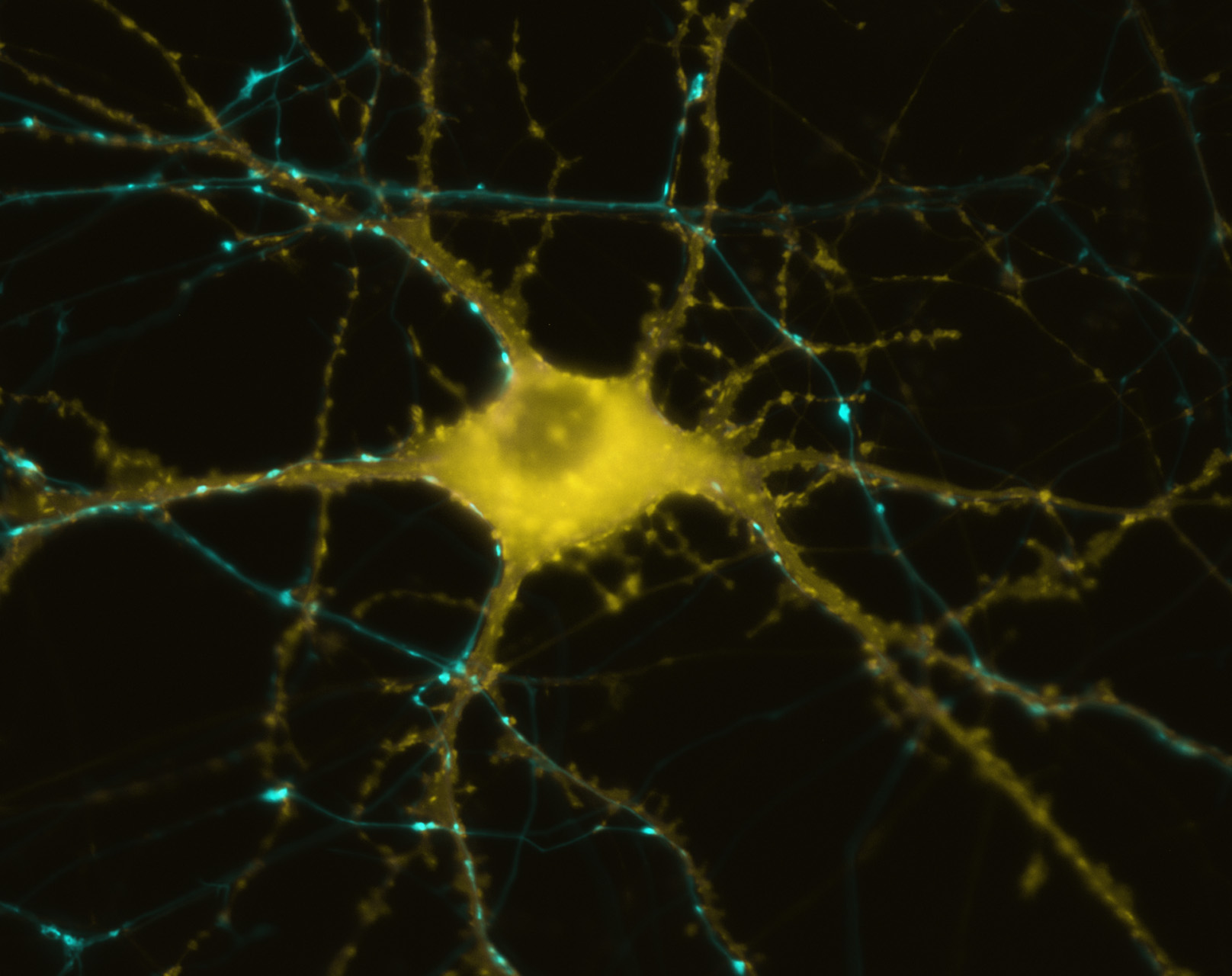
UC San Diego Neuroscientists Awarded More Than $2 Million from Obama’s BRAIN Initiative
Published Date
By:
- Kim McDonald
Share This:
Article Content
Four teams of neuroscientists at the University of California San Diego were awarded a total of $2.27 million this week from the National Institutes of Health to continue their research under President Obama’s BRAIN Initiative.
Obama launched the Brain Research through Advancing Innovative Neurotechnologies, or BRAIN, Initiative in 2014 to equip researchers with the insights into basic neurobiology that form the underpinning to treat a wide variety of brain disorders such as Alzheimer’s, schizophrenia, autism, epilepsy and traumatic brain injury.
In the three years since the initiation of the BRAIN Initiative, the four UC San Diego teams have been awarded more than $6 million under this effort, underlining the university’s leadership role in basic neuroscience research with the potential to improve our understanding and treatment of brain disorders.
UC San Diego neuroscientists are also being funded by Cal-BRAIN, a state-funded program that complements the federal BRAIN Initiative by providing additional support for research efforts in California that will speed development of new brain technologies, or “neurotechnologies.”
Such neuroscience research has the potential for widespread application not only in the United States, but around the globe. The World Health Organization estimates that devastating brain disorders affect more than one billion people worldwide.
“In only three years we’ve already seen exciting new advances in neuroscience research come out of the BRAIN Initiative,” said Walter Koroshetz, director of NIH’s National Institute of Neurological Disorders and Stroke, which is providing funding for two of the four UC San Diego teams. “There are very few effective cures for neurological and neuropsychiatric disorders. By pushing the boundaries of fundamental neuroscience research, NIH BRAIN Initiative scientists are providing the insights researchers will need to develop 21st century treatments.”
The four UC San Diego neuroscience projects awarded continued funding from the NIH, the scientists involved and their project descriptions are as follows:
Revealing the Connectivity and Functionality of Brain Stem Circuits
FY 2016 $856,447 ($2.6 million over past 3 years) from the National Institute of Neurological Disorders and Stroke
David Kleinfeld, professor of physics and neurobiology and adjunct professor of electrical and computer engineering; Yoav Freund, professor of computer science and engineering; and Martin Deschênes, professor of neurosciences at Laval University in Québec. Kleinfeld and his colleagues will use a variety of tools and techniques to create detailed maps of circuits in the brainstem, the region that regulates many life-sustaining functions such as breathing and swallowing, and match the circuits to the motor actions and behaviors they control.
Non-degenerate Multiphoton Microscopy for Deep Brain Imaging
FY 2016 $382,187 ($892,824 over past 2 years) from the National Institute of Mental Health
Anna Devor, adjunct professor of neurosciences and radiology (also at Harvard Medical School), and Yeshaiahu Fainman, professor of electrical and computer engineering, plan to use ultra-short pulses of light of different wavelengths for multi-photon excitation at lower laser power, which will allow much deeper imaging than currently possible.
Classifying Cortical Neurons by Correlating Transcriptome with Function
FY 2016 $645,000 ($1.766 million over past 3 years) from the National Institute of Mental Health and National Institute on Alcohol Abuse and Alcoholism
Massimo Scanziani, adjunct professor of biology (now at UC San Francisco), and his team will record neuronal responses to different visual stimuli to discover how individual brain cell activity is linked to expression of specific genes.
Optogenetic Mapping of Synaptic Activity and Control of Intracellular Signaling
FY 2016 $387,500 ($1.16 million 3 years since 2014) from the National Institute of Neurological Disorders and Stroke
John Yu-Luen Lin (now at the University of Tasmania) and his team will create molecules that, when they are triggered by a pulse of light, allow scientists to test for communication between neurons in specific circuits of the brain.
Share This:
You May Also Like
Stay in the Know
Keep up with all the latest from UC San Diego. Subscribe to the newsletter today.



